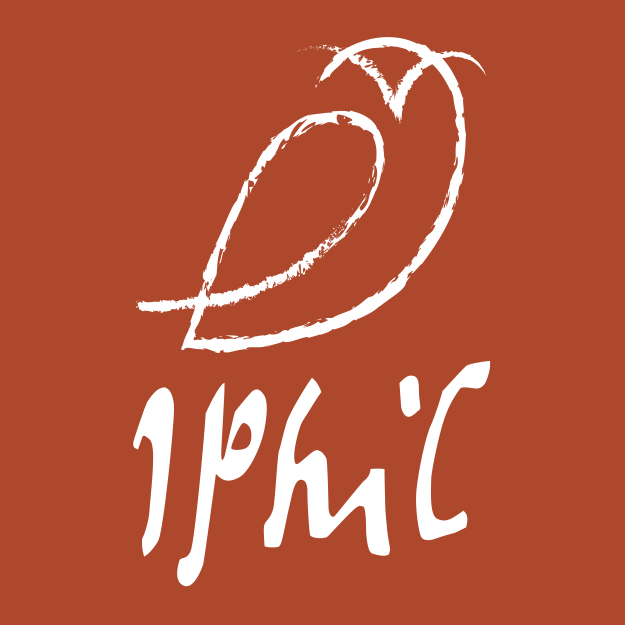Ontology of Genome Editing in Agriculture for Legal Purposes and Ethics
Martin Wasmer (doctoral project)
Genome Editing (GE) is an umbrella term for several techniques by which a targeted mutation can be inserted at a specific site in the DNA of any cell (somatic or germ line), thereby allowing the genome to be accurately “edited”. Especially CRISPR-based methods such as CRISPR-Cas9, promises great new possibilities regarding our capacity to tailor life to our needs, be it for research, for medical purposes, for human enhancement or for agricultural use.
However, these new technologies re-invigorate entrenched ethical debates and challenge the current legal frame for genetically modified organisms (GMOs) in Europe, which is delimited by means of the basic concept of genetic modification (e.g. European Directive 2001/18/EC, 2009/41/EC, and the German GenTG). At this time the principal categorical distinction in legislative contexts and ethical debates is between GMOs and traditional organisms: GMOs are considered to constitute a special category of organisms and consequently are subject to separate regulation from traditional organisms. The main question is whether the dichotomy is still adequate in the light of GE technologies such as CRISPR/cas9. In this context a number of questions arise, such as what exactly are the targets of regulation (i.e., the technologies and entities to be regulated) – and the spark for ethical debate – how do we delimit the entities that can be regulated in practice, and how much genetic alteration (i.e., engineering or modification) would be required to support a need for separate regulation? In case the need for a third category besides those of traditional organisms and GMOs arises, the question is how this category is to be defined so as to be adequate to the current state of affairs in biological research as well as the requirements of regulatory practice, and to be sufficiently flexible to accommodate future technologies.
As a project in philosophy of science, this project is framed as a double case study: On the one hand, philosophy of science is employed to reflect on ontological questions and thereby contribute to clarifying important concepts in the ethical and legal debate. On the other hand, the applied context of GMO ethics and law can be taken as case study to inform philosophy of science on how scientific concepts are circulated in ethical and legal debates and especially how scientific ontologies influence social systems.
This research is part of the collaborative research consortium Ethical, Legal and Socio-Economic Aspects of Genome Editing in Agriculture (ELSA-GEA), funded by the German Federal Ministry of Education and Research (BMBF). ELSA-GEA involves a close collaboration between scientists, ethicists, socio-economists and lawyers. The results of the network are published for different target groups in order to enable a broad social dialogue among citizens on the one hand, and to present decision-makers with options for regulatory or legislative action on the other. Check out our public outreach web page: www.dialog-gea.de (German-language only).
